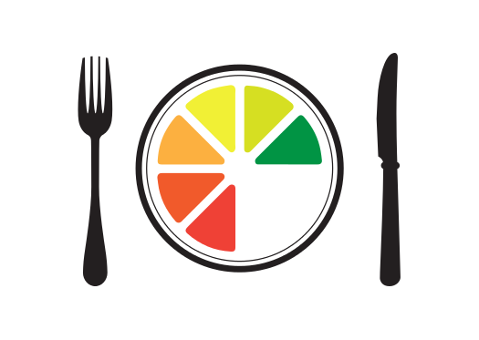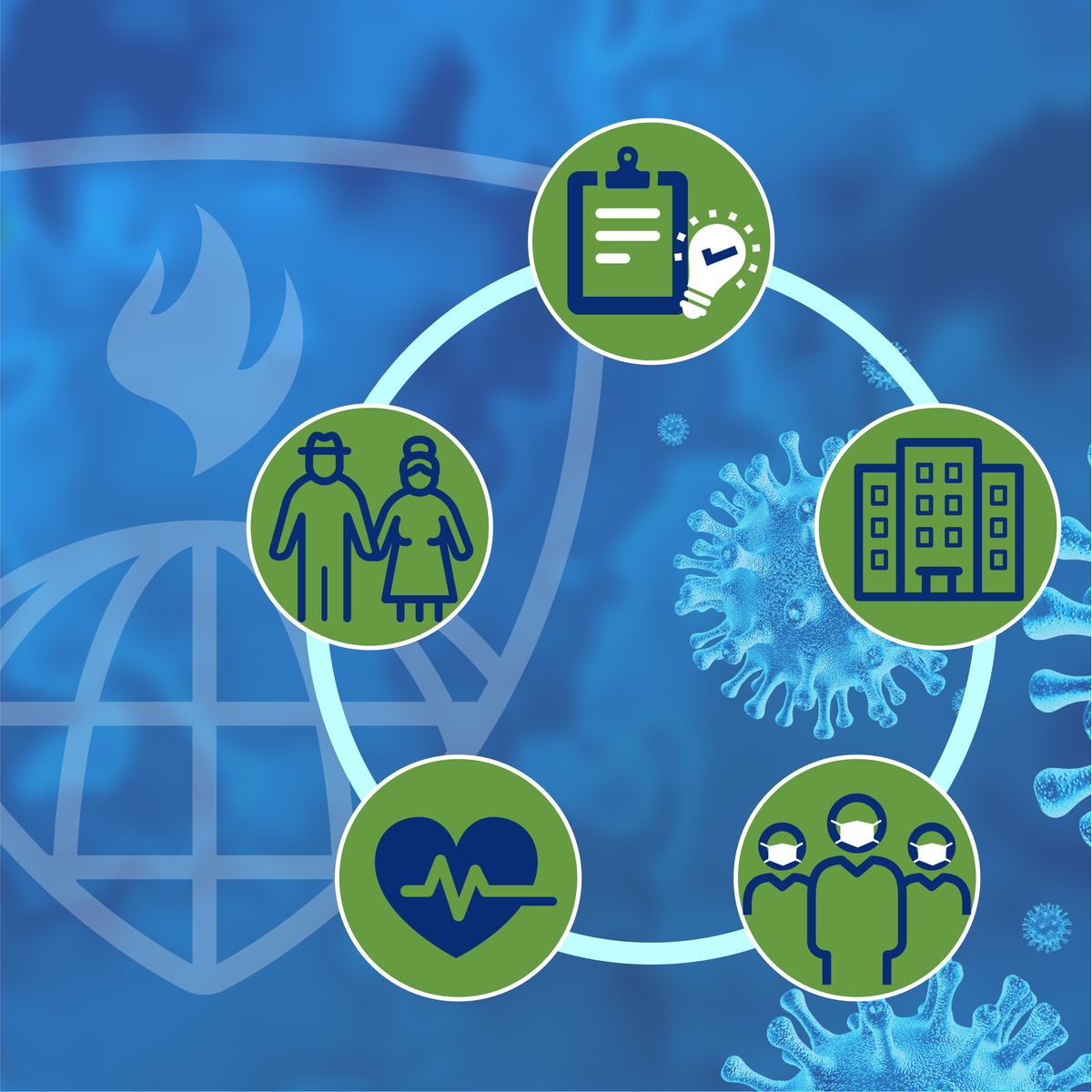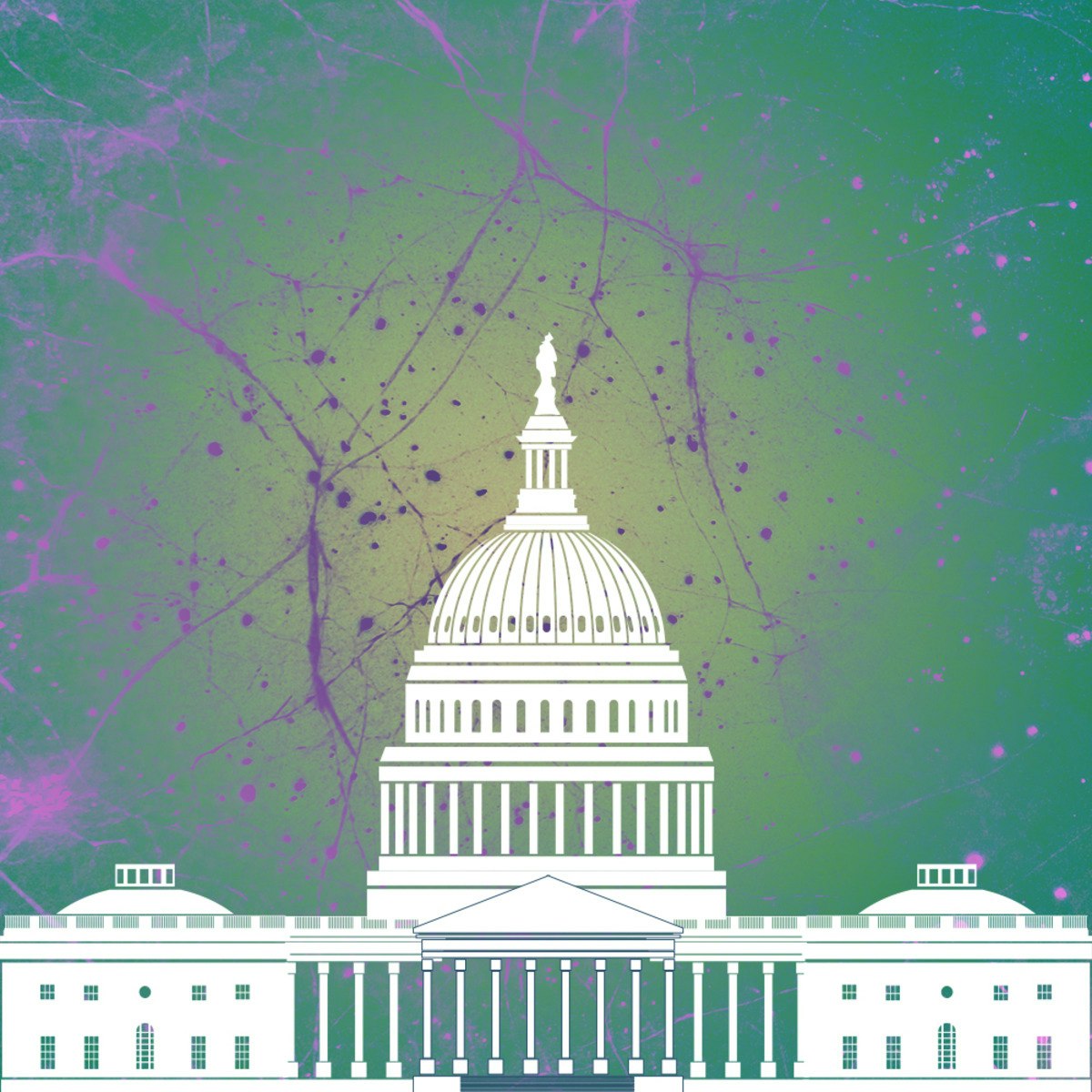Back to Courses









Life Sciences Courses - Page 58
Showing results 571-580 of 644

Unethical Decision Making in Organizations
This course 'Unethical decision making in organizations : A seminar on the dark side of the force' will teach you how strong organizational contexts push good people towards unethical decisions. You will also learn how to protect yourself and your organization against such forces lurking in the dark.
About the Course
This course teaches how narrow frames and strong contexts can push good people towards unethical decisions and how they can protect themselves and their organization against ethical blindness.
The goal of this course is to empower the participants to analyze the risks of unethical or illegal behavior that might be triggered by powerful contexts. It draws from various disciplines such as management, psychology, sociology, philosophy, and literature, in order to learn what these disciplines contribute to a better understanding of unethical behavior. The course also analyzes some of the most prominent organizational scandals of the recent decades through the lenses of these disciplines.
Whenever we hear about ethical scandals, we tend to believe that unethical or illegal behaviour in organizations is driven by character deficiencies of individual actors. Put differently, we simply assume that bad things are done by bad people. However, numerous corporate scandals have demonstrated that even people with a high level of integrity can break the rules if they are put into a strong context.
A better understanding of why and under what conditions good people make bad ethical decisions will enable us to better protect individuals as well as their respective organizations against the potentially overwhelming power of the context. It will also enable us to cure societies from problems like corruption.
At the end of the course, you are able to:
1. Explain the impact of social context on individual decision making using various theories (from Management, Sociology, Psychology, and Philosophy)
2. Apply these theories to the analysis of some of the most eminent organizational scandals of the recent decades
3. Assess risks of ethical blindness in your own organizational context
4. Design interventions to reduce such risks for yourself and your organization
Recommended Background
No background expertise is required. The course is open for interested layperson as well as experts who work on related topics, be it as researchers or practitioners (e.g., compliance managers in corporations).
Why is this course important for me?
Currently, the understanding of why good people make unethical decisions is rather limited, related research is rather fragmented, and the management of such problems in organizations is overly simplistic, legalistic, and inadequate. Understanding contexts, including the dangers of routines, the mindlessness of our daily decisions, and the healing power of mindful decision-making routines is of increasing importance. In this course, you will learn the latest knowledge and the appropriate tool box for dealing with ethical challenges that you will face throughout your life!
What do I need to follow this course?
We build bridges between various scientific disciplines and will familiarize you with those disciplines smoothly. You need no expertise, just come and share your own real-world experiences about unethical decisions. After all, we are all experts in making decisions—some more ethically, some less ethically—aren’t we?
Business Process Management in Healthcare Organizations
Have you ever needed to resolve a billing or other issue with a healthcare organization and thought that there must be a better, more efficient, and more customer-friendly way to operate such a business process? For example, have you thought that there should be an easier way to read your bill or pay your bill? Or do you work in a healthcare organization and find yourself thinking that there must be better ways for the business processes to function? If you have, this course is for you.
Course content includes an overview of healthcare organization business processes including business process management approaches as well as a discussion of healthcare organization entrepreneurship as a business process. The course provides links to external sites to connect you to the larger "real world" of healthcare organization business processes, business process management, and entrepreneurship. The links also serve as resources you can take with you after you complete the course experience. And because everyone loves a road trip/field trip, there are also "virtual field trips" to the often hidden places of interest on the web.
The course format is readings, videos, quizzes, and a project. The project requires you to synthesize course material to design patient-centered business processes for a healthcare organization the way you would have things run in the best of all worlds. The design (submitted as an electronic word processing document in memo format) is an artifact of the course which you can circulate to colleagues or use as the basis for a talk or presentation event.

Patenting in Biotechnology
Far too often, researchers are misinformed about the role and the possibilities arising around patents and Intellectual Property Rights (IPR). In this course we will teach you what IPR are - with a special focus on patents. Also this course will look at the importance of patents in the world of biotechnology - and what you actually can patent.
Should your research be protected? Can your research even be protected?
There are a lot of misunderstandings about patents, so first step is to know what patents really are and how they work. Then we will introduce how and when to apply for them. Also how to find existing patents is a crucial and necessary element to being able to assess whether your research should be protected or not.
The course will be divided in 7 sessions, and at the end of the course, you should be able to:
- describe the different types of IPR
- explain the conditions of patentability for an invention
- describe the various stages involved in a patent application
- search and retrieve patent information from databases
- read and understand a patent
- write claims related to biotechnology
- understand and explain the concept of Freedom To Operate
Course Materials:
You will need the following book as a reading material for the course:
“Patenting in Biotechnology, a laboratory manual” by Peter Ulvskov, which will be available from
http://polyteknisk.dk/home/Detaljer/9788750211068
Also, you will need to get access from your home institution to these databases:
- Derwent Innovation Index (via Web of Science)
- SciFinder
NB:
This course is related to a 5 ECTS point course that is a mandatory requirement for access to the BioBusiness and Innovation Platform (BBIP) program at the Copenhagen Business School. NOTE: this Coursera course will NOT be sufficient for attending the BBIP program but successful completion of this course (with a Course Certificate) will be a plus for applying to the BBIP.
To obtain the 5 ECTS points, you will have to enrol as a DTU Student, participate on a hands-on workshop on patent databases and pass an exam in presence of an external Censor. For more information, please email me at:
fdemasi@cbs.dtu.dk
Link for BBIP: (http://www.cbs.dk/viden-samfundet/strategiske-indsatsomrader/biobusiness-and-innovation-platform-bbip)

Understanding Obesity
In this course, we’ll look at the facts and misconceptions around obesity and discuss key physiological and psychological concepts around the brain’s control of appetite and body weight. We’ll consider the biological and environmental pressures that make it easy to gain weight (and hard to lose it!). Most importantly, we'll give you the opportunity to reflect on your own knowledge and assumptions around the subject.
We deliver course materials as a mixture of videos, audio-only MOOCcasts, and a selection of short readings. There are short weekly quizzes, a peer-reviewed exercise, and discussion activities on the forum. These will help you prepare for the final project. In it, you are invited to demonstrate your evidence-informed understanding and express how you'll develop it beyond the course.
The course features Citizen Science projects. We'll collect data from you (anonymously, of course) and use it to drive participant-led discussions of controversial ideas. In this way, we hope to explore ideas around diet and obesity. These projects also give a taste of how scientific evidence is collected and interpreted by scientists, and give some indication how much there still is to discover and understand.

Positive Psychiatry and Mental Health
In today’s world, mental illness and distress are common and these account for a significant burden of disability within our community. At the same time, there is a growing interest in understanding and enhancing positive mental health and wellbeing; particularly from developments in the fields of positive psychology and mental health promotion. Positive Psychiatry is a new term (Jeste et al 2016) that describes a dual approach to mental health, where we build strengths, supports and healthy lifestyles as well as treating illness and distress.
In this course, we will explore different aspects of good mental health as well as provide an overview of the major kinds of mental disorders, their causes, treatments and how to seek help and support. The course will feature a large number of Australian experts in psychiatry, psychology and mental health research, and we will also hear from “lived experience experts”, people who have lived with mental illness, and share their personal stories of recovery.
We take an evidence-based approach to a range of strategies that anyone can use to enhance their own mental health and that of others, from exercise and relaxation techniques through to the role of love, relationships and 'good' types of work. We cover topics from creativity and yoga through to psychiatric medications and psychotherapies.

Algorithms on Strings
World and internet is full of textual information. We search for information using textual queries, we read websites, books, e-mails. All those are strings from the point of view of computer science. To make sense of all that information and make search efficient, search engines use many string algorithms. Moreover, the emerging field of personalized medicine uses many search algorithms to find disease-causing mutations in the human genome. In this online course you will learn key pattern matching concepts: tries, suffix trees, suffix arrays and even the Burrows-Wheeler transform.
Strategies for Senior Housing Communities during COVID-19
SARS-CoV-2, the virus that causes COVID-19, poses a high risk for senior housing communities and the people who live and work there. The COVID-19 response has largely focused on nursing homes, leaving independent living communities serving older adults in the United States with fragmented guidance on how to respond to COVID-19 challenges. This course provides comprehensive instruction and resources for property owners and managers, senior housing staff, service coordinators and providers, community housing leaders, and other senior housing stakeholders to build upon their emergency preparedness and response strategies related to COVID-19. The course lectures, interviews, and assignments are largely geared toward federally-subsidized, multifamily senior housing providers, but the material is relevant for all senior housing providers.
Learners will hear from experts about best practices to prevent COVID-19 outbreaks and promote well-being. Topics discussed include unique challenges for senior housing communities, development of emergency preparedness plans, outbreak prevention, and coronavirus-adapted housing operations. The course also covers strategies for communicating with stakeholders, promoting pandemic-safe behavior on site, and leveraging health departments and other agency resources, including a collection of resources for COVID-19 vaccination guidance. Learners are encouraged to concurrently develop and enhance their own community’s policies, procedures, and practices.
This course was developed in partnership with the Baltimore City Health Department.

HI-FIVE: Health Informatics For Innovation, Value & Enrichment (Social/Peer Perspective)
HI-FIVE (Health Informatics For Innovation, Value & Enrichment) Training is an approximately 10-hour online course designed by Columbia University in 2016, with sponsorship from the Office of the National Coordinator for Health Information Technology (ONC). The training is role-based and uses case scenarios. No additional hardware or software are required for this course.
Our nation’s healthcare system is changing at a rapid pace. Transformative health care delivery programs depend heavily on health information technology to improve and coordinate care, maintain patient registries, support patient engagement, develop and sustain data infrastructure necessary for multi-payer value-based payment, and enable analytical capacities to inform decision making and streamline reporting. The accelerated pace of change from new and expanding technology will continue to be a challenge for preparing a skilled workforce so taking this training will help you to stay current in the dynamic landscape of health care.
This course is one of three related courses in the HI-FIVE training program, which has topics on population health, care coordination and interoperability, value-based care, healthcare data analytics, and patient-centered care. Each of the three courses is designed from a different perspective based on various healthcare roles. This second course is from a social or peer perspective, geared towards care coordinators, care/case managers, social workers, community health workers, patient navigators, peer coaches, behavioral health support, and other similar roles. However, we encourage anyone working in healthcare, health IT, public health, and population health to participate in any of the three trainings.

US Social Services Compared
In all nations, social policy is a very large public investment. Course 1 will explore the size, structure, and outcomes of U.S. social policy and compare this policy to those of similar developed countries. The course will also probe the values this policy represents and the values debate regarding about how big our welfare state should be— in other words, how much of our education, housing, health, income support, and social services the government should supply and how much individuals should supply for themselves. This course addresses issues of power, oppression, and white supremacy.
The course is part of a sequence in social policy that has an HONORS TRACK. This track will prepare the learner for masters-level work in policy, which involves reading the literature, writing concise summaries and probing critiques. Over the sequence the learner will develop a policy analysis that will create a foundation for professional policy analyst assignments.

Telehealth Best Practices and Uses
Telehealth uses technology tools such as a cellphone or laptop to give patients and doctors the ability to support healthcare communication and services remotely. The field of telehealth has seen tremendous growth, with telehealth use increasing across all specialties and becoming even more accessible.
This course is designed for healthcare professionals and employees in organizations that practice telehealth or are aspiring to work within the field. As a leading pioneer in the field of telehealth, UC Davis Health began offering telehealth services in 1992 and providing a formal telehealth academic curriculum in 1999.
Go beyond the foundational knowledge of technology tools employed and telehealth applications. Learn about the most effective practices in implementation, regulatory compliance, and how to practice with a health equity lens. With insight from the CEO of UC Davis Health, David Lubarsky, you will leave the course better able to improve your telehealth practice and focus on the elements of telehealth that matter most to your organization and to the patients you serve.
